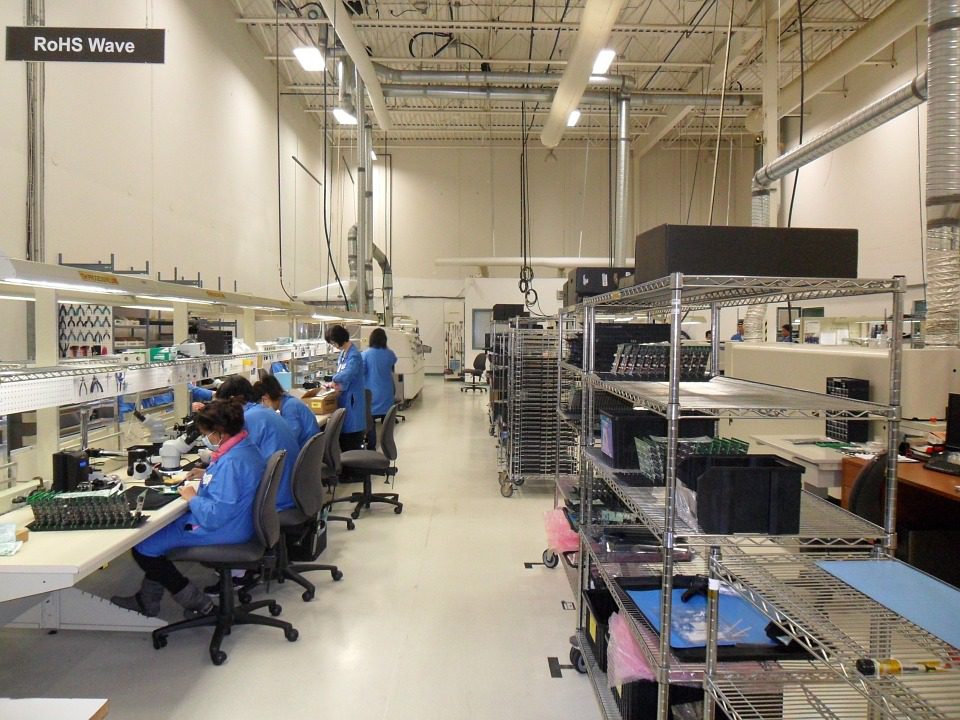The electronics manufacturing industry is a big business that just keeps on growing. The competition is so fierce that leaders in the industry today were mere start-ups a decade ago. Survival requires flexibility. For an electronics company to thrive, it must be able to adapt to evolving technology and overcome current and emerging challenges.

(Pixabay / PublicDomainPictures)
Challenges in Electronics Manufacturing
The electronics industry is composed of three main categories: semiconductors, original equipment manufacturers (OEM), and electronics manufacturing services (EMS). Out of the three categories, electronics manufacturing services and small and mid-sized contract manufacturers are facing the greatest challenges. Consider these industry obstacles:
- Shrinking operating margins – Manufacturing innovations and global competition are driving prices down. Unless a company finds a way to operate in the most cost- efficient manner, it can’t stay profitable.
- Complex global supply chain – As manufacturing companies rely on a multitude of sources, both local and global, they have to stay within international standards. Compliance to strict government and industry requirements and the issue of traceability become operational burdens. It is not uncommon for a product to have components passing through different continents before hitting the market.
- Shortened product lifecycles – Consumer tastes and preferences keep changing at record pace. EMS companies and contract manufacturers must have an effective new product introduction process in place. There must be a concerted effort between different departments to launch products in time while meeting quality and volume targets.
- Uncertain demand – Production is always based on consumer demand, which could be both volatile and cyclical. When the demand reaches unprecedented levels (such as with the introduction of a new iteration of the iPhone), the manufacturing sector must be able to handle the spike. If the demand falls flat, they must have a plan for the unused raw materials or components.
- Sustainability – Both the government and the industry have been compelling manufacturing companies to take into consideration their corporate social responsibility (CSR)as they make decisions. Environmentalists are also pressing companies to adopt measures for environmentally safe products. While companies in the past have cut ties with their wares the moment they are sold, current regulations require manufacturing companies to be responsible for the entire lifecycle of their products.
The challenges facing electronics manufacturing companies seem intimidating, but strong, adaptable companies can prevail. The best way to clear these hurdles is to integrate technology with various aspects of the value chain. This will ultimately help companies move closer to operational excellence.
